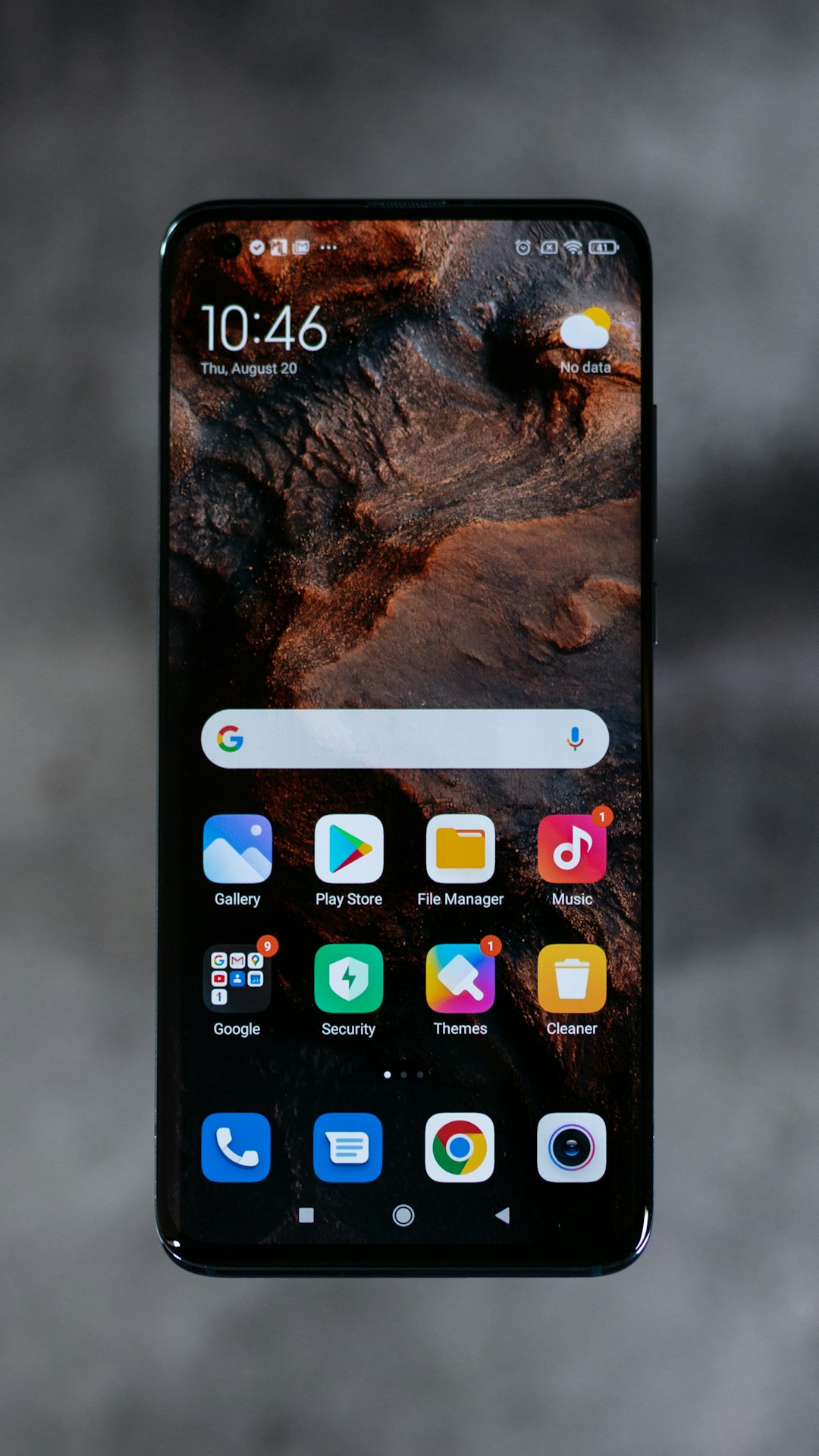Robocalls disrupt Maryland and Missouri businesses, with fraudulent enterprises misusing automated calls. While regulated, legal action is complex. Businesses can sue under TCPA for privacy violations without financial loss. Understanding local laws, like Missouri's, is crucial to suing for nuisance or invasion of privacy. Strategies include blocking unknown numbers, enrolling in Do Not Call Registry, and consulting legal experts.
In today’s digital age, robocalls have become a ubiquitous yet disturbing nuisance for Maryland’s local businesses. These automated phone calls, often illegal, disrupt operations and damage consumer trust. This article explores the prevalence of robocalls in Maryland, their legal implications, common types targeting enterprises, and the subsequent impact on small businesses. We also delve into effective strategies to mitigate this growing problem, including how to respond when a business is targeted, with a focus on legal protections available under Missouri law.
Understanding Robocalls and Their Prevalence in Maryland

Robocalls, automated phone calls that deliver pre-recorded messages, have become increasingly common across Maryland and beyond. While they can be useful for legitimate businesses seeking to reach a wide audience, their prevalence has led to a surge in unwanted and often fraudulent calls targeting local enterprises. These automated calls disrupt business operations, waste valuable time, and can even pose security risks with their deceptive attempts at phishing or scams.
In Maryland, as in many states, robocalls are regulated to protect consumers and businesses from excessive and malicious call activities. However, navigating legal options against these calls can be complex. While it’s unclear if you can sue for robocalls specifically in Missouri (or Maryland), there are legal avenues to explore if a business experiences significant harm due to fraudulent or harassing calls, potentially involving the Federal Communications Commission (FCC) guidelines and consumer protection laws.
Legal Protections for Businesses Against Robocallers

In Maryland, as in many states across the country, businesses face a growing challenge from robocallers who use automated phone systems to make unsolicited calls. Despite the frustration they cause, local businesses have legal protections against these practices. The Telephone Consumer Protection Act (TCPA) is a federal law that prohibits automated or prerecorded calls to cellular phones and landlines without the recipient’s prior express consent. This means that if a business has not given permission for its number to be used in robocalls, it can take legal action against the call providers.
Additionally, many states have their own laws regarding telemarketing practices, including restrictions on automated calls. In Maryland, businesses can report suspected robocallers to state regulators and seek damages if they have suffered financial harm due to illegal calls. Even without direct evidence of damage, businesses can sue under the TCPA for violating their privacy rights. The ability to hold robocallers accountable is an essential protection for local Maryland businesses looking to maintain a competitive edge in today’s digital landscape.
Common Types of Robocalls Targeting Local Enterprises

Local businesses in Maryland, like elsewhere, often face a barrage of robocalls, with various types targeting their operations. These automated calls can range from marketing messages to debt collection attempts and even fraudulent schemes. One common type is the sales pitch, where robotic voices promote products or services, often without the consent of the business owner. Another prevalent category is scam calls, designed to trick recipients into revealing sensitive information or making financial transactions.
Businesses may also encounter robocalls related to legal matters, such as pending lawsuits or judgments. While some of these are legitimate, others could be part of a strategy to overwhelm victims and prompt quick decisions. In Missouri, for instance, understanding the laws regarding robocalls, including the right to sue for nuisance or invasion of privacy, is crucial for businesses looking to protect themselves from unwanted calls.
The Impact on Small Businesses and Consumer Behavior

Robocalls have significantly impacted Maryland’s local businesses, particularly small enterprises that rely on word-of-mouth and community engagement for their survival. While some calls may promote useful services, many are unsolicited and considered intrusive, leading to a decline in customer trust and loyalty. Consumer behavior has shifted towards being more cautious and protective of their personal information, often blocking or ignoring unknown numbers. This change has forced businesses to adapt their marketing strategies, increasing competition among local companies for the attention of a discerning consumer base.
In Missouri, as in many other states, there are laws protecting consumers from excessive robocalls, such as the Telephone Consumer Protection Act (TCPA). If a business receives unwanted automated calls, it may have legal recourse to sue for damages. Understanding these regulations is crucial for local businesses aiming to safeguard their operations and maintain a positive reputation in an era dominated by increasingly sophisticated telemarketing practices.
Effective Strategies to Mitigate and Respond to Robocalls

Robocalls can be a nuisance and pose significant challenges for local businesses in Maryland. To mitigate their impact, several effective strategies can be employed. First, implement robust caller ID systems to identify and block unknown numbers. Many modern phone systems offer built-in call blocking features or compatible apps that can automatically filter out robocalls.
Additionally, enroll in the National Do Not Call Registry to prevent receiving pre-recorded marketing calls. For businesses, this can be a powerful tool to gain control over their communication channels. Moreover, staying informed about local and state regulations regarding robocalls, such as those in Missouri, is crucial. If a business feels it has been targeted illegally, consulting with legal experts to explore potential avenues for action, including suing for robocalls, may be advisable.






